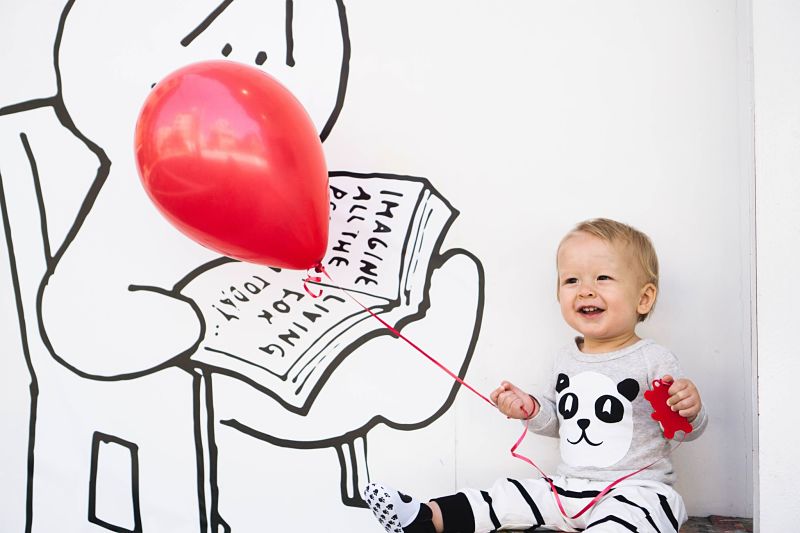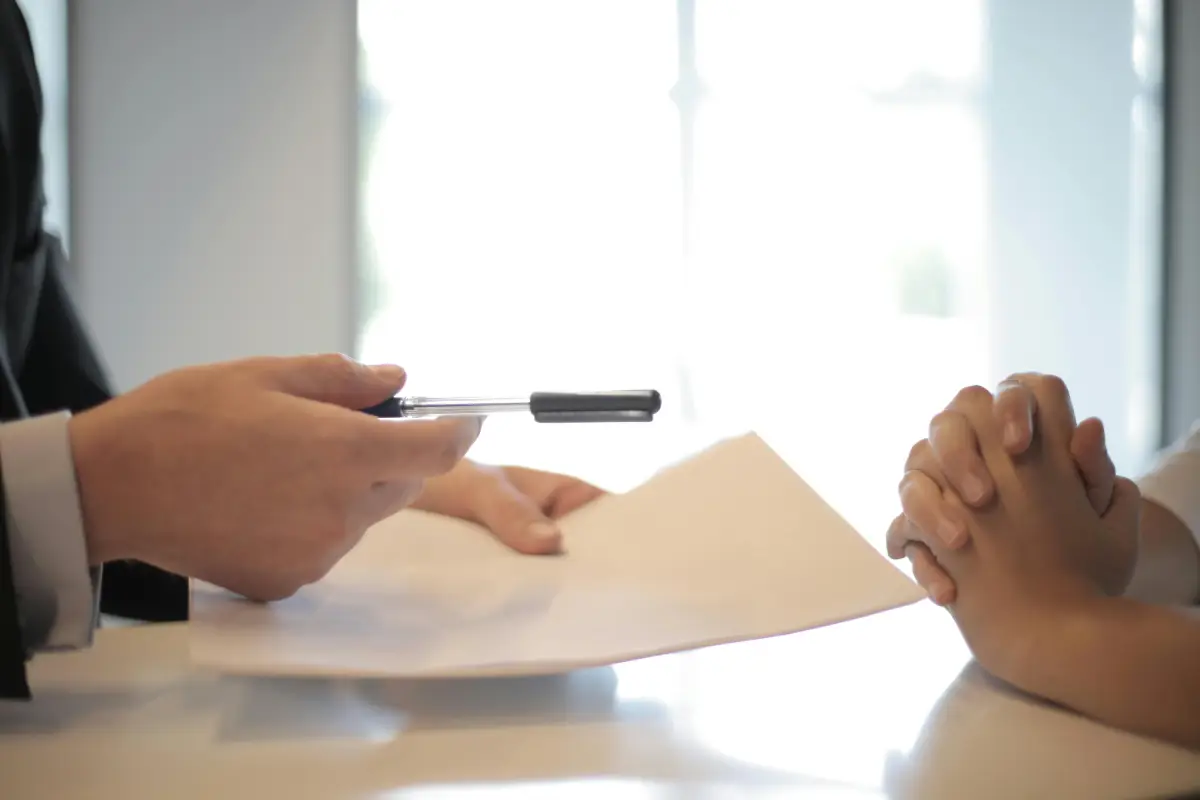
A Child ISA, often known more commonly as a Junior ISA, is an ideal and tax-efficient way of saving for the children you love. However, do you know the rules concerning Junior ISAs? Do you know if a Junior ISA is the best savings plan for them? And do you know if you can open the account on their behalf?
What is a Junior ISA and who is it for?
A Child ISA, or Junior ISA, is a Junior Individual Savings Account. They are designed to help parents build long-term tax efficient savings for children. In order for a child to be eligible for a Child ISA they must be under 18 and living in the UK.
Each year a child can save up to £9,000 in their Junior ISA.
For those children who had a Child Trust Fund (CTF), they cannot have the CTF in addition to the Junior ISA. However, it is possible to transfer the funds from a Child Trust Fund in to a Junior ISA.
Junior ISAs are ideal savings solutions for parents wishing to save money for their child’s future. They aren’t the only option for saving for a child, but should generally be considered when deciding which plan best suits your needs.
Are all Junior ISAs the same?
Junior ISAs vary from provider to provider. However, they most notably vary in two ways: Cash Junior ISAs and Stocks and Share Junior ISAs.
A Junior Cash ISA is essentially the same as a bank or building society savings account. However, the main advantage of Cash Junior ISAs is tax doesn’t need to be paid on the interest that is earnt on their savings.
With a Stocks and Shares Junior ISA, your child’s savings are put into investments like shares and bonds. Investments are riskier than cash but could give your child a bigger profit. However, there is also the possibility that the value of a Junior Stocks and Shares ISA can go down as well as up. Any profits that is earned by trading shares or bonds is free from tax.
A child can have one of both types, but the annual limits for contributions are a total amount across the two. If they have both, the most they can save is still subject to a £9,000 limit.
Can anyone open a Junior ISA?
A Junior ISA can only be opened by the child’s parents or guardians. They will also be responsible for managing the account, even though the money belongs to the child, until the child takes over management at 16. Nonetheless, the child themselves won’t be able to withdraw the money from their Junior ISA until they are over 18.
Opening an account, is usually very simple if you are the child’s parent or guardian, and it can often be done online.
You can read more on Junior ISA rules to understand how to open an account and how to make payments.
Can anyone add money to a child’s ISA?
Whilst it must be a parent or guardian that opens the Child ISA, anyone can pay money in to the account for the child. However, the total contributions for that child (across both their cash Junior ISA and their stocks and shares Junior ISA, if they have both) must not exceed the annual limit.
This means that many grandparents, aunts, uncles and godparents often choose to contribute to a Child’s ISA. You may wish to discuss with the parents or guardians whether this is the best place for your contributions to go, or whether you should, with them, consider other child savings options.
One-off gifts
If you’d like to give your child one-off cash gifts, a Junior ISA could be a great way of doing this. Just remember to bear in mind the Junior ISA allowance in any given tax year, which is subject to change. It’s also worth making sure that you’re up to speed on the rules of gifting money to children.
Typically, we find that family members and those who love the child, will make either regular monthly contributions towards the child’s ISA or make one-off gifts, perhaps for their birthday or Christmas.
Opening a Child ISA
Our Junior ISA is a popular tax-efficient savings option. The sooner you start saving for a child, the more their savings could grow over time. Familiarise yourself with the Junior ISA rules and start making a difference to a child’s future. This way, when they reach adulthood, they will have an excellent nest egg enabling them to embrace their future with confidence.


